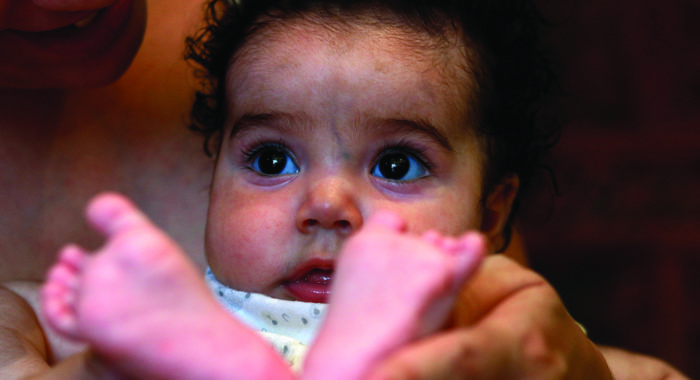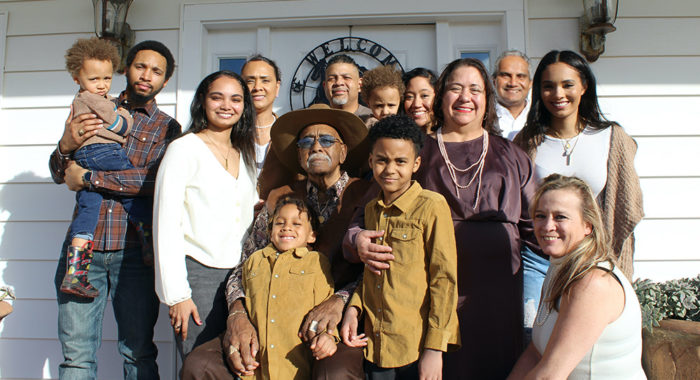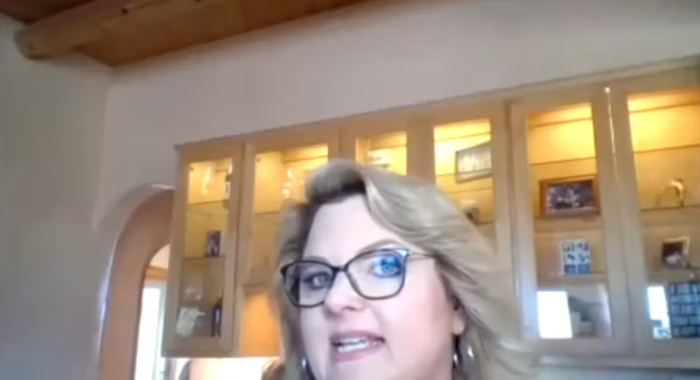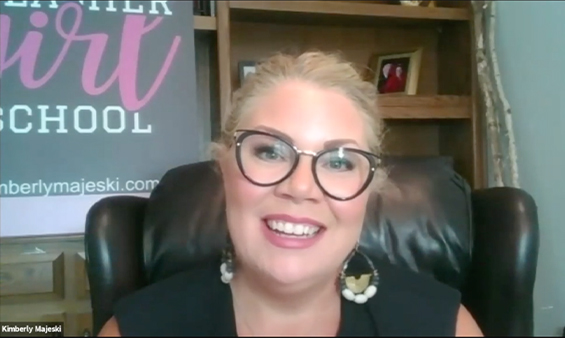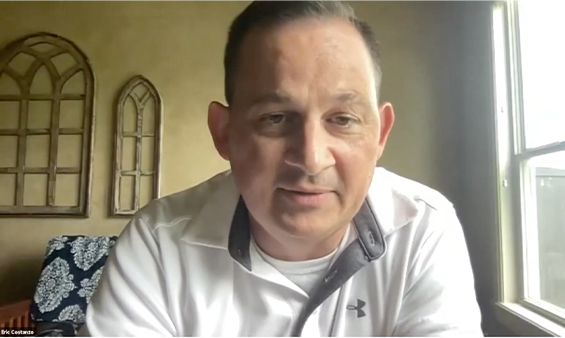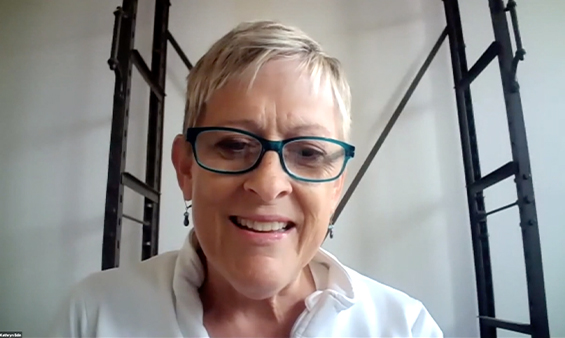Many years ago, when my son was a toddler, we visited a store for some bonding time. When we topped the escalator to find the children’s section, he took off. I chased him, not with consternation but with pleasure, as I noticed that he was heading for a kiosk of books. Then I looked up and saw the prominently displayed title — “Parenting for Dummies.” Hmm … just coincidence, or is he trying to tell me something?
To raise a child is not for the faint of heart. Even in the best of conditions, family life is complicated — full of the stretches and stresses of decisions about the limited reserves of time, money and emotions. In a post-Dobbs America, the Church has an opportunity, even obligation, to serve creatively and courageously. It is not simply a matter of protesting what we are against, but proving what we are for. Shall we ask parents not to abort babies but then abandon families in their time of deepest need? How can we promote the flourishing of families?
The psalmist David speaks of God’s own commitment to the family in a broken world:
Sing to God, sing in praise of his name,
extol him who rides on the clouds;
rejoice before him — his name is the LORD.
A father to the fatherless, a defender of widows,
is God in his holy dwelling.
God sets the lonely in families,
he leads out the prisoners with singing;
but the rebellious live in a sun-scorched land
(Psalm 68:4–6).
While David extols God’s transcendence as the one who rides the clouds, he does not leave God in the clouds. The psalmist tenderly notes God’s intimacy as a familial caregiver: a father to the fatherless, a defender of widows, and a divine foster care worker who sets the lonely in families.
The early church lived this psalm as liturgy and as mission. In “The Triumph of Christianity,” the late professor Rodney Stark wrote that “in the midst of the squalor, misery, illness and anonymity of ancient cities, Christianity provided an island of mercy and security,” which was compellingly manifest in the counter-cultural and sacrificial care shown to orphans, widows, infirmed and destitute. The truth of the gospel was displayed by the beauty of its whole-life ethic. Beyond judicial rulings, the triumph of the gospel shapes our call in this moment.
Walter Kim became the president of the National Association of Evangelicals in January 2020. He previously served as a pastor at Boston’s historic Park Street Church and at churches in Vancouver, Canada and Charlottesville, Virginia, as well as a campus chaplain at Yale University. He preaches, writes and engages in collaborative leadership to connect the Bible to the intellectual and cultural issues of the day. He regularly teaches in conferences and classrooms; addresses faith concerns with elected officials and public institutions; and provides theological and cultural commentary to leading news outlets. He serves on the boards of Christianity Today and World Relief and consults with a wide range of organizations. Kim received his Ph.D. from Harvard University in Near Eastern Languages and Civilizations, his M.Div. from Regent College in Vancouver, and his B.A. from Northwestern University.




 View All Articles
View All Articles 















